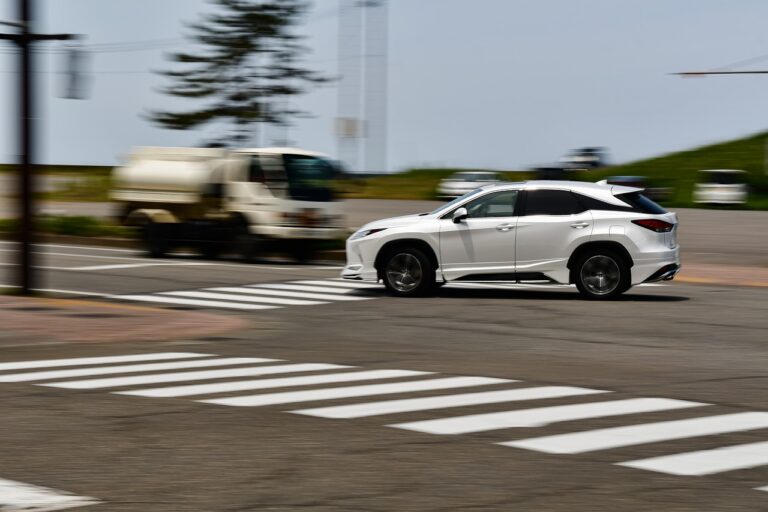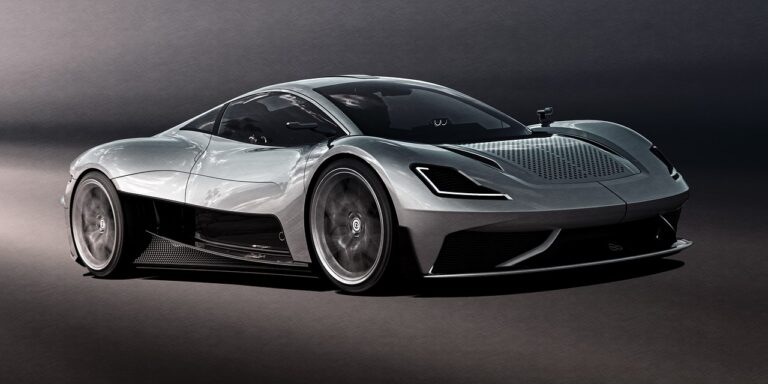From Drift Cars to Daily Drivers: Understanding Aftermarket Suspension Tuning: Sky247 log in, Gold365, Gold win 365
sky247 log in, gold365, gold win 365: From Drift Cars to Daily Drivers: Understanding Aftermarket Suspension Tuning
One of the most critical aspects of car performance is the suspension system. Whether you’re tearing up the track in a drift car or cruising the streets in your daily driver, having the right suspension setup can make all the difference. In this guide, we’ll dive into the world of aftermarket suspension tuning, covering everything from coilovers to sway bars and everything in between.
Coilovers: The Foundation of Suspension Tuning
When it comes to aftermarket suspension tuning, coilovers are often the first upgrade enthusiasts turn to. Coilovers are a type of suspension system that combines a coil spring and shock absorber into a single unit. This allows for adjustable ride height, damping, and spring rates, giving you full control over your vehicle’s handling characteristics.
Coilovers come in a variety of configurations, from budget-friendly options to high-end setups designed for track use. When choosing coilovers for your car, it’s essential to consider factors such as your driving style, intended use, and budget. A good set of coilovers can significantly improve your car’s handling and overall performance.
Sway Bars: Fine-Tuning Your Car’s Handling
Another crucial component of aftermarket suspension tuning is sway bars. Sway bars, also known as stabilizer bars or anti-roll bars, are designed to reduce body roll and improve cornering performance. By connecting the left and right sides of your car’s suspension, sway bars help keep your vehicle level during hard cornering, resulting in improved grip and stability.
Sway bars come in various thicknesses and configurations, allowing you to fine-tune your car’s handling characteristics to suit your driving style. Thicker sway bars provide more resistance to body roll, while thinner sway bars offer a softer ride. When upgrading your sway bars, it’s essential to consider the overall balance of your suspension setup to ensure optimal performance.
Bushings and Mounts: Enhancing Comfort and Performance
In addition to coilovers and sway bars, upgrading your car’s bushings and mounts can have a significant impact on both comfort and performance. Bushings are components that dampen vibrations and reduce noise, ensuring a smoother and more comfortable ride. Upgrading to polyurethane or solid bushings can improve your car’s handling and responsiveness, especially during hard cornering.
Similarly, upgrading your suspension mounts can help reduce flex and improve overall chassis rigidity. By replacing factory mounts with sturdier aftermarket options, you can enhance your car’s handling characteristics and responsiveness, resulting in a more precise and engaging driving experience.
Alignment and Corner Balancing: The Final Touches
Once you’ve upgraded your suspension components, it’s essential to ensure your car’s alignment and corner balance are dialed in correctly. Proper alignment ensures that your tires wear evenly and your car tracks straight, while corner balancing optimizes weight distribution for improved handling and stability.
A professional alignment and corner balancing session can make a world of difference in your car’s overall performance. By fine-tuning these parameters, you can maximize the benefits of your aftermarket suspension upgrades and enjoy a more responsive and engaging driving experience.
FAQs
Q: How do I know if my suspension needs upgrading?
A: If you’re experiencing excessive body roll, poor cornering performance, or a harsh ride quality, it may be time to consider upgrading your suspension components.
Q: Can I install aftermarket suspension components myself?
A: While some suspension upgrades can be DIY-friendly, more complex installations, such as coilovers and sway bars, are best left to professional mechanics with the necessary tools and expertise.
Q: How much should I expect to spend on aftermarket suspension upgrades?
A: The cost of aftermarket suspension upgrades can vary significantly depending on the quality and complexity of the components. A basic coilover setup can start at around $500, while a full suspension overhaul with high-end components can cost several thousand dollars.
In conclusion, aftermarket suspension tuning is a fantastic way to enhance your car’s performance and handling characteristics. By upgrading components such as coilovers, sway bars, bushings, and mounts, you can transform your car from a run-of-the-mill daily driver into a track-ready machine. Remember to consider factors such as driving style, intended use, and budget when choosing suspension upgrades, and always ensure your alignment and corner balance are properly dialed in for optimal performance. Happy tuning!







